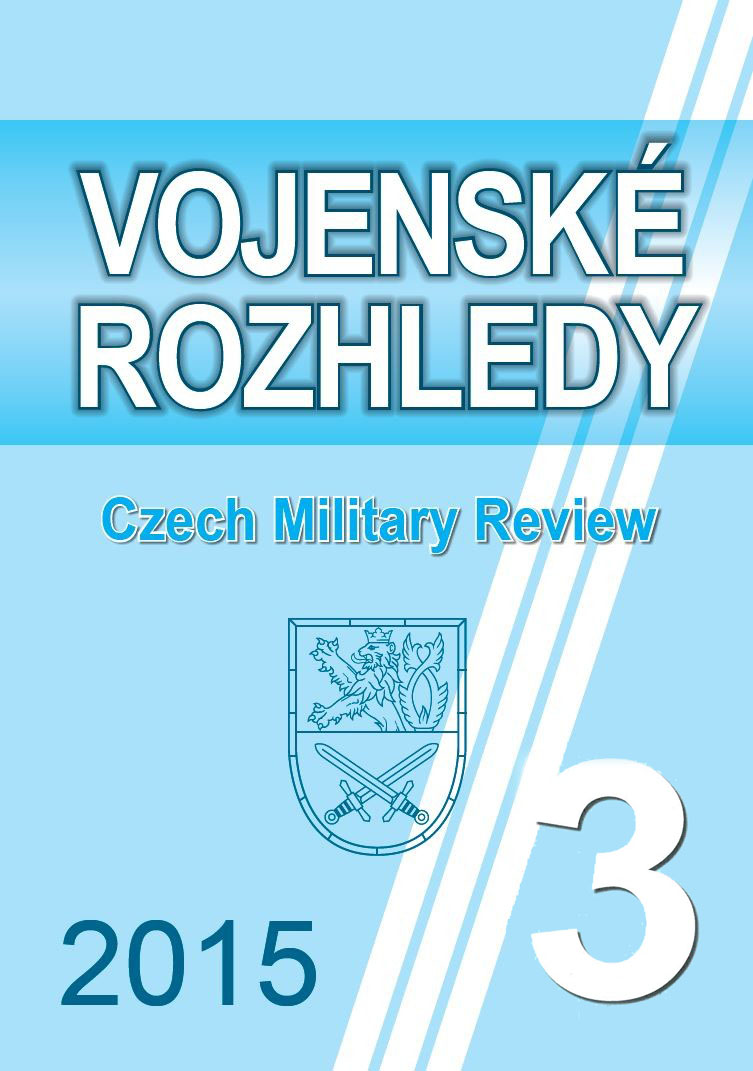
We kindly inform you that, as long as the subject affiliation of our 300.000+ articles is in progress, you might get unsufficient or no results on your third level or second level search. In this case, please broaden your search criteria.

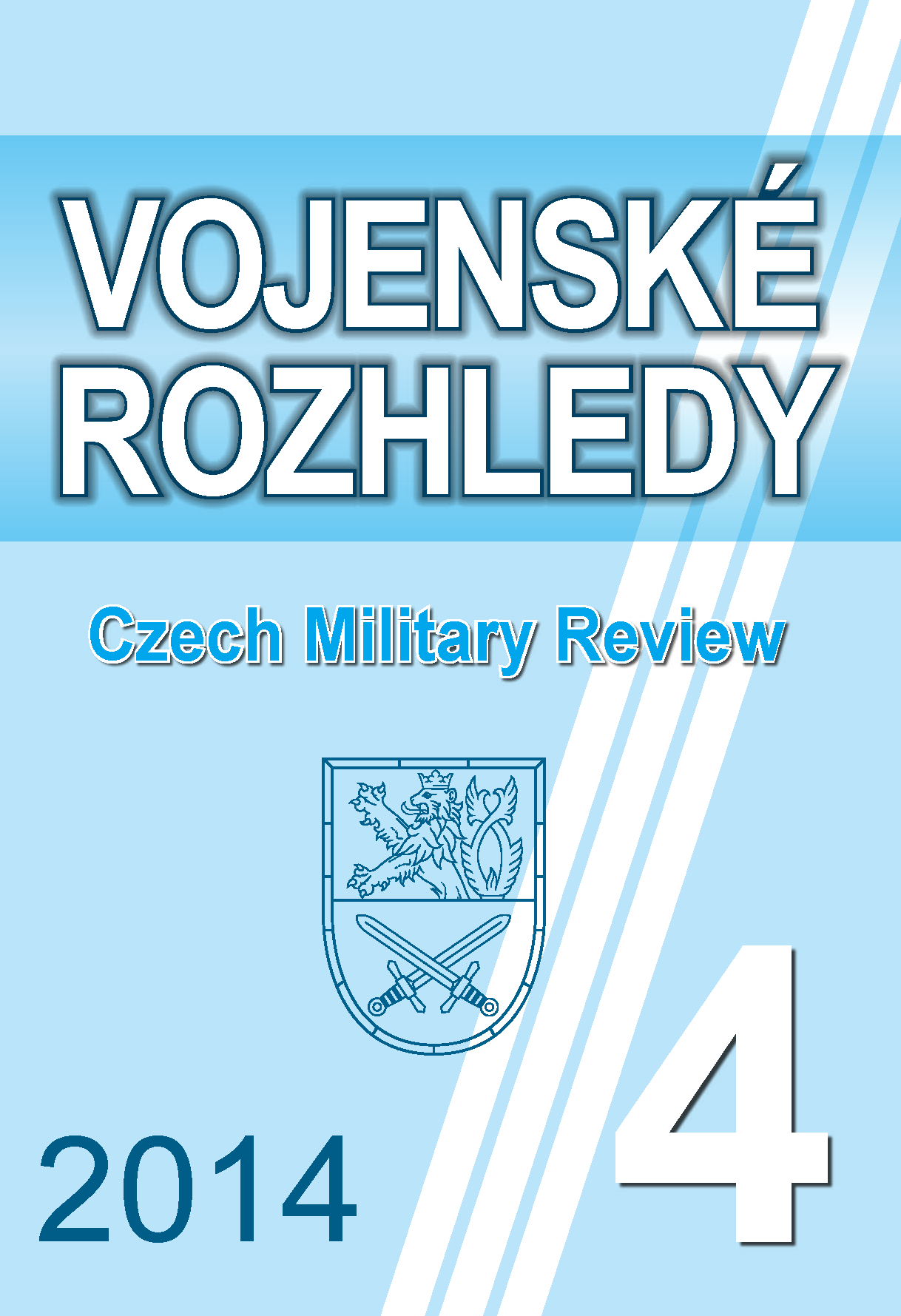
Arnošt Steiner was a Czechoslovak army officer, who experienced the whole combat road from a small Ukrainian town of Buzuluk to Prague, capitol of Czechoslovakia. He was commander of machine gun platoon, later machine gun company. In the heat of combats, he displayed extreme courage. He became legendary namely in the Dukla Pass battle of 1944, surviving hopeless situations, generally regarded as mortal. He was awarded by seven Czechoslovak War Crosses of 1939, and was proposed to the Golden Star of the Hero of the USSR, but because of his refusal to join the Communist Party, this proposal was turned down. After the war, he became a head of local Defence Intelligence office, but he left the army even before the communist coup d’état in 1948, in the rank of staff captain. He avoided society and made his living as technician. He died in 1982 in Brno.
More...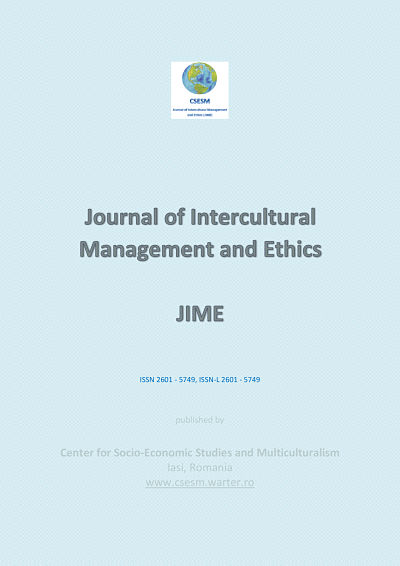
The paper analyzes, starting from the concept of political reintegration – scarcely theorized in political sciences – the post-Communism experiences of the return of former royal families in Southeastern Europe (Romania, Bulgaria, Serbia, Albania and Montenegro). A complex and at the same time non-homogeneous phenomenon (in the region), the political reintegration of royalty challenged the elites and the political system, namely their capacity of accepting the former monarchs (or their heirs) within the frontiers of the new republics, in some cases as an acceptance of historical past, and in others as a fight with legitimacies. In numerous cases, such as Romania, Bulgaria, Albania, the post-Communist elites refused the access of non-ruling royal families. They believed their acceptance would have automatically opened the discussion about the construction of the new state, of the new political systems and on the form of government, implicitly. Moreover, the return of royalty brought difficulties not only in the political life, but also in the discourse on the past and the future (the idea of European integration) and in the topic of retroceding estates. For some Eastern-European democracies, this is still an ongoing process. The regime changes did not allow in all cases and acceptance of royalty, too; hence, this conflict turned inevitably into one with multiple meanings (political, historical, constitutional, legal, related to foreign policy, etc). Conflicts entailed memorial or political battles, with wide implications on the progress of certain nations or on the socio-political climate on the long run. This paper highlights from case to case the political evolutions and final/current outcomes of the political reintegration process of royalty in Southeastern Europe, in some cases involving unique political positions in the world held by a former monarch in a republic (Bulgaria) or republican institutions created in order to give an institutional form to royal houses (Romania, Montenegro).
More...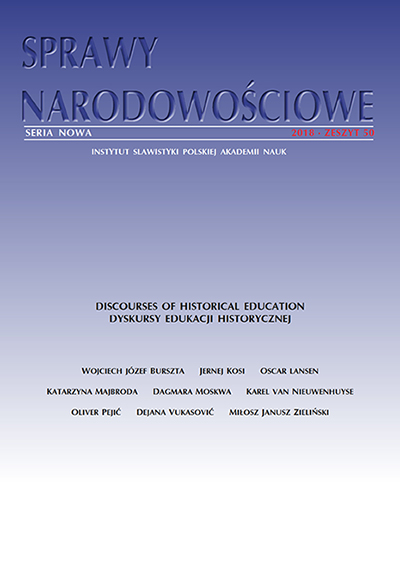
The article attempts at answering the question whether the movie “Volhynia” (pl. wołyń) translates into the Polish-Ukrainian relationship and, if yes, how? Does Smarzowski’s work play bigger role in the construction of the relation between the nations or rather in the construction of one nation’s certain identity project? In the search of the data necessary to provide an answer, I have conducted a content analysis of the discourse created after the movie premiere as well as a questionnaire study among the students of the social sciences. The conclusions arising from the performed analyses are ambiguous—on the one hand, historical events determine the view of the neighbours; on the other hand, Volhynia understood as a memorial appears not be included in the modern Ukrainians. Hence, it seems that the most accurate ascertainment is that while in certain social circles the movie “Volhynia” became a factor activating particularly intensive observation of the neighbour (or mutual observation), in others it did not evoke any change in the attitude towards the Ukraine and Ukrainians.
More...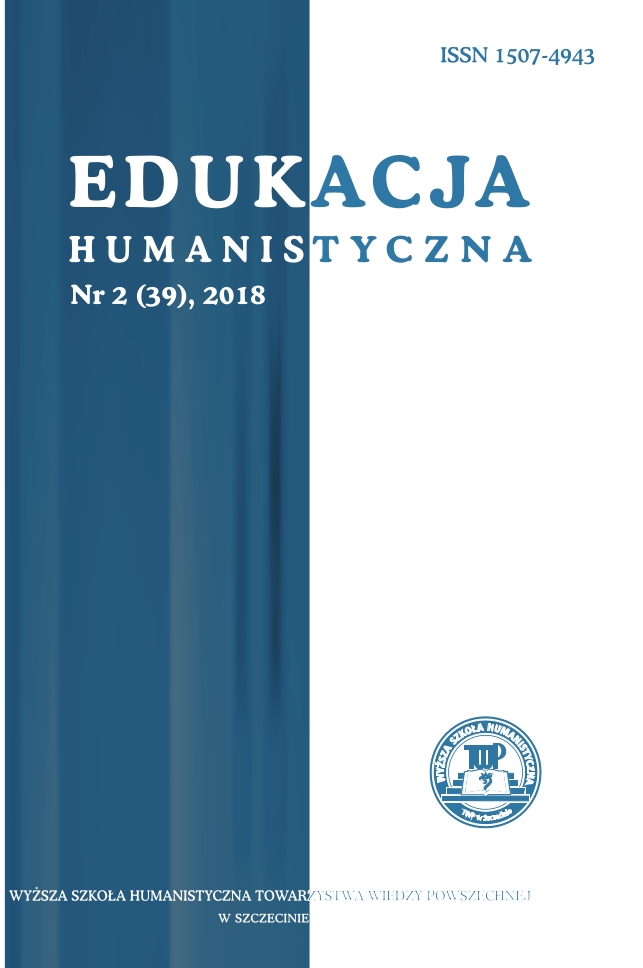
This publication was published by the Institute of National Remembrance - Commission for the Prosecution of Crimes Against the Polish Nation in Warsaw in 2016 as part of the Central Research Project of the Institute of National Remembrance "Security apparatus against national and ethnic minorities and foreigners".
More...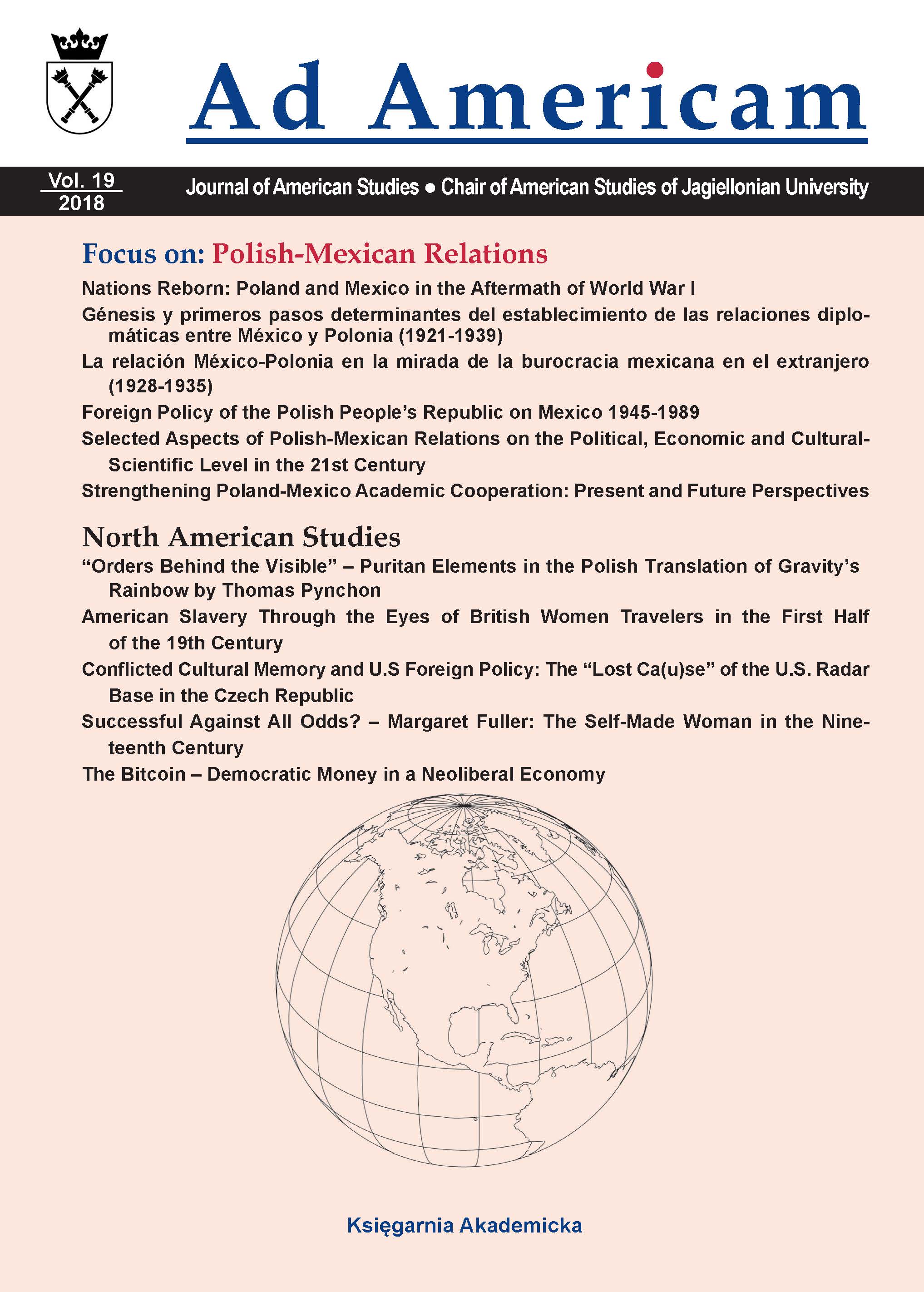
This article analyzes the developments in cultural memory in Czech-U.S. relations since the end of the Cold War with a special emphasis on the heated debate about placing a U.S. radar base on Czech soil in 2008. It first describes the abrupt transformation in cultural memory related to the transition from communist rule from the transatlantic perspective. It claims that the debate about the radar base is a clear indication of the shift within cultural memory, which became much more contested, especially when compared with the previous period culminating with the Czech Republic’s entry into NATO. As cultural memory is closely linked to dominant historical narratives as well as identity, the findings have serious implications for the future of the transatlantic ties in the region.
More...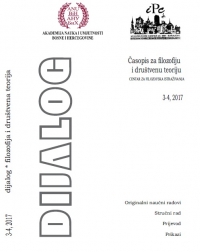
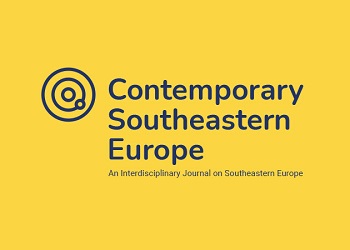
This article draws on Lev Grinberg’s notion of political space,understood as symbolic spheres in which political actors represent and further their interests, identities and agendas. The political space notion is designed to analyze and criticize political power and its dynamics in cases such as the Serbian one, where governments do not rely on heavy handedcontrol of civil society. I suggest here that following the wars of the1990s, the democratic governments in Serbia have excluded the war veteran population from the political space of representation, since gaining control over this population was perceived as a crucial step in the attempt to silence any public reckoning of the nation’s criminal past. Through the case study of a decade-long “Per Diem Affair”, designated to alienate the war veteran population, I show how the mechanism of fragmentation has served the ruling elite to close the political space for open debate regarding the role of Serbia in the wars of the 1990s, first and utmost, in order to maintain control over the narrative of the recent wars. This, I suggest,comes as a result of the alteration in the role of the state: from being the direct source of power to becoming a mediator between the opposing local and international demands for particular national images and identities.
More...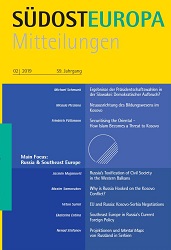
The article discusses the so-called “traditional Russian-Serbian friendship”. This relationship between the two states is assessed as an “invention of tradition”. The contribution examines changes in Serbian society during the 1990s which brought about a new turn towards Russia. In the mental maps that had emerged in the context of new ethno-nationalism during the late1980s, the West had initially been central and served as evidence of an allegedly original love of freedom on the part of the Serbian people. This map stood in contrast to the other republics of former Yugoslavia that were seemingly “infested” by the Vatican and Germanophilia. The experience of sanctions imposed on Serbia in 1992 and the refusal to reflect on this experience led to a re-orientation of existing mental maps. The fixation on Russia had the function to spare individuals the question of responsibility for crisis and war. Even today, this mental map serves as a relieving function in Serbia and it is increasingly coming to the fore.
More...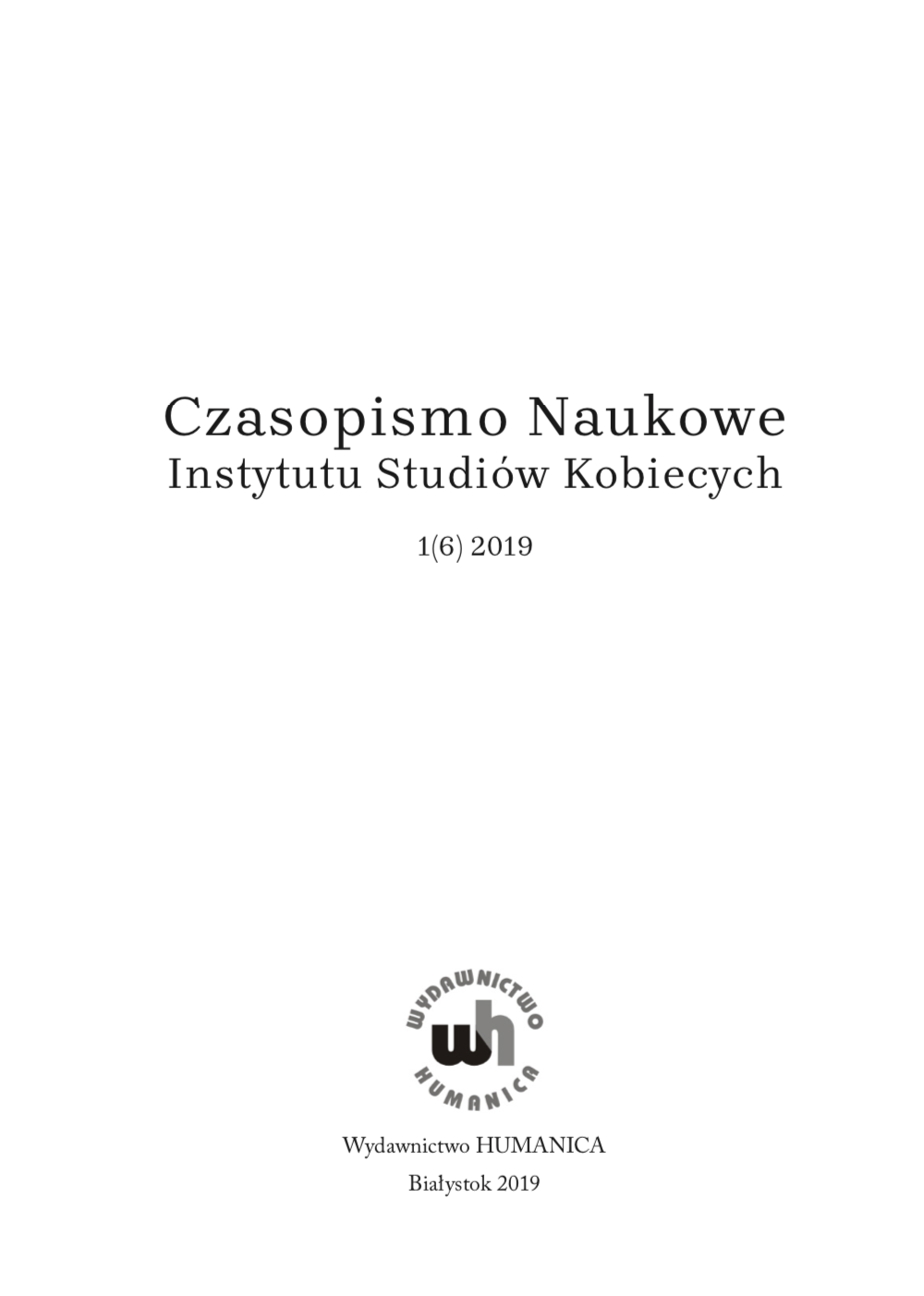
Based on press publications, the article presents the women’s attitude towards the Legislative Sejm elections. Maria Moczydłowska, born in Łomża, was one of eight female members of the Legislative Sejm. She sought the mandate in the Częstochowa constituency. The example of Moczydłowska was the pretext to analyse and present how women were involved in the elections in such small centers as Łomża and Częstochowa, away from the capital. The article also covers the presence of the electoral topic in the regional press.
More...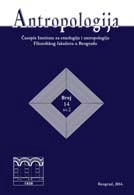
In this paper the authors attempt to define a precise conceptual apparatus for studying nostalgia, for the purpose of constructing a complete theoretical and methodological platform which would serve as a basis for further research. This project was envisioned as an interdisciplinary process which includes an anthropologist of folklore (folklorist), a psychologist and an anthropologist who will follow up on three kinds of nostalgia narratives – the life story as a folk narrative, personal memories as a product of remembering and oral history as the foremost form of nostalgia narrative. By comparing these three kinds of narrative we intend to determine whether there are any connections between these discourses and what the nature of these connections is.
More...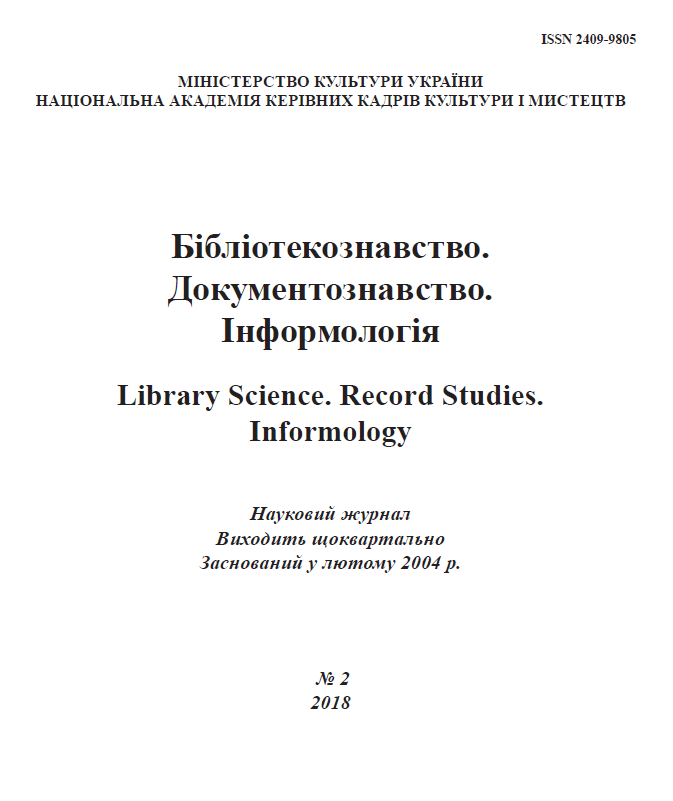
The purpose of the article. The research is devoted to the identification of features of usage of digital media and tools for fixing and representation of socially significant events of the past, popularizing of history and commemoration. Methodology. The applied methods of the research provided the participant observation that has allowed to reveal and analyze substantial discursive situations and texts. The purposes of the description and socio-cultural interpretation of versions enable working with the units of analysis with the subjective values and feelings which are broadcasted on the Internet. The scientific novelty of the research consists in the identification of commemorative practices considering the interactivity potential created by social media.
More...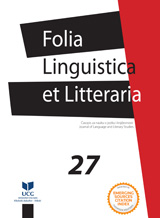
The testimonies of Moroccan survivors, civilians and soldiers of years the lead, disclose highly traumatic prison experiences. These are narratives of life and - death if we should say - where memory issues are important. The aim of this paper is to provide a reflection on the memory staging, confronted with multiple forms of dehumanization, which refuses to surrender by constantly nurturing in dreams, tales and drifting imaginations. It is through these subterfuges that it transgresses the prison world and reinvents its own universe to keep itself alive and expressive. This custodial language is also the setting in narrative of a whole process created by a complex memory, which appeals to the olfaction, to the hearing and to the taste, so as to reconstruct landmarks in a chaotic space. The memory, in these narratives, tells by the superposition of the voices of the narrators and those of other characters, the crumbling and the dislocation of other memories.
More...
Das Gesamtbild von Zensur rumäniendeutscher Belletristik lässt eine Widersprüchlichkeit erkennen, die sowohl Autoren als auch Lektoren verwirrte. Im Vergleich zu der Akribie und der Beharrlichkeit der Zensurpraxis in der DDR weist das rumänische Zensursystem zahlreiche Lücken auf, die das Auffinden verbotener Bücher erschweren. Nach seinem Besuch in China entwarf Ceauşescu 1971 die 17 Thesen zur Verbesserung der politisch-ideologischen Arbeit, der kulturellen und erzieherischen Tätigkeit , die den Personenkult um Ceauşescu betonten und eine linientreue Literatur forderten. Zensoren wurden vorsichtiger und überprüften jeden Text auf seine ideologische Konformität. Das Archiv des ehe¬maligen Zensuramts „Allgemeine Abteilung für Presse und Druckerzeugnisse“, deckt heute die Funktionsmechanismen der Behörde auf und deren Auswirkungen auf das Werk einiger Autoren im Kontext des Jahres 1971.
More...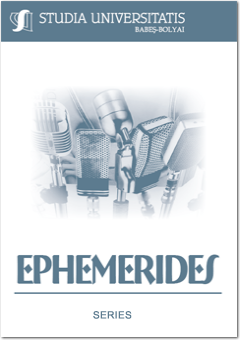
In December 2019, Romania celebrates 30 years of liberty, after the fallout of communism, as a result of the revolution which started on December 16, 1989. This paper aims to draw the evolution of the cult of personality in the Scanteia newspaper, through analysis of its three important steps: the beginning, the highest level, and the downfall. Also, it was conducted a detailed discourse analysis, so the subtleties of the language were revealed, which were essential for the evolution of the cult. The articles were analyzed in detail, to observe the descriptions and the prases given to the Romanian president. The analysis also focused on the days after the start of the revolution and the fall of communism, in order to compare the articles about Nicolae Ceausescu.
More...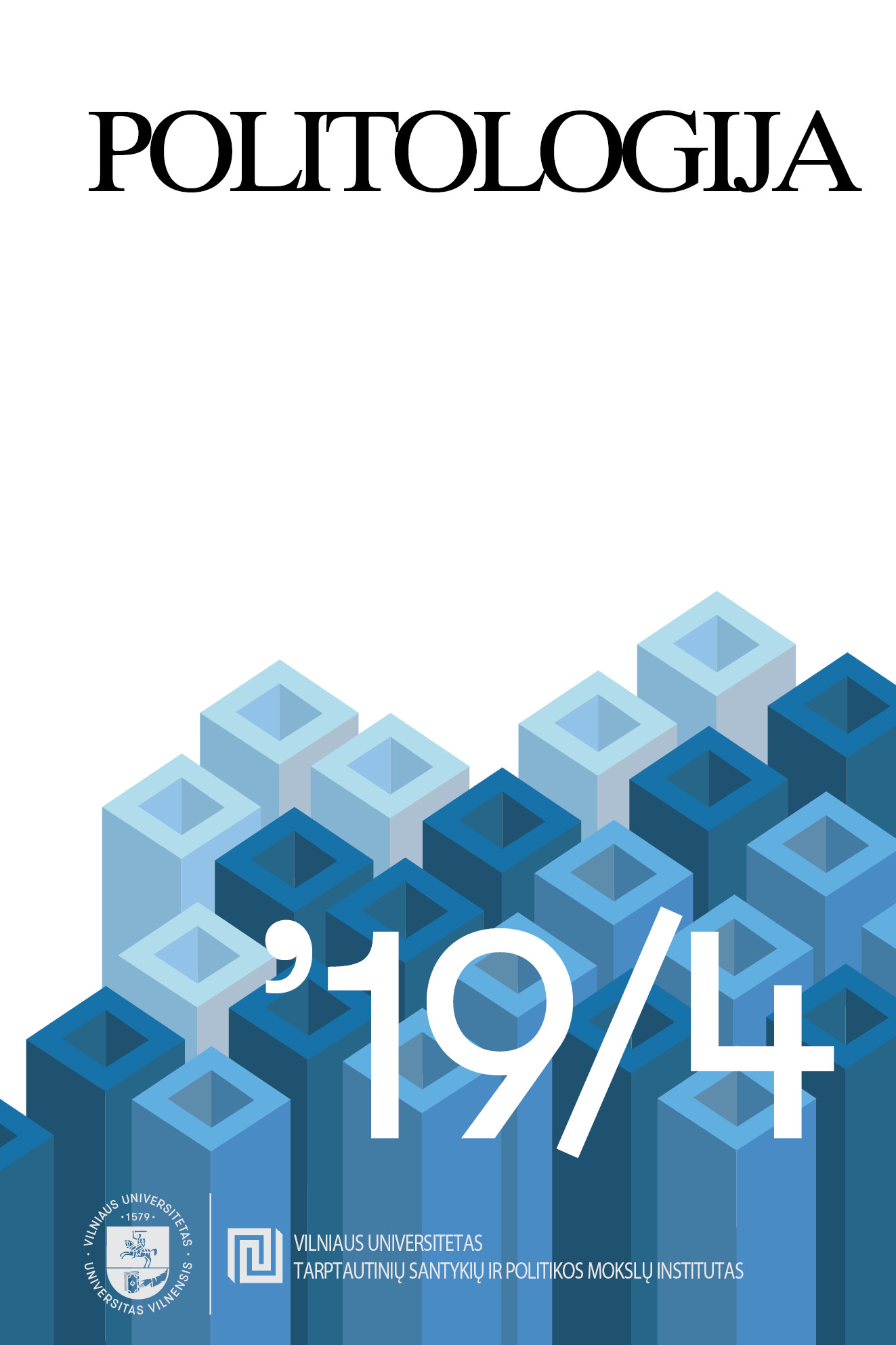
In order to understand why the Soviet past is remembered differently, 25 narratives of nine Lithuanian families (parents, grandparents, and grandchildren) were analyzed. The applied theoretical assumption about the “generational effect” on memory: an “interpretative framework” gained during adolescence or early adulthood has an impact on the way we think about the past. In order to trace generational “interpretative frameworks” and indicate memory generations (that do not per se represent cohorts), the study was inductively focused on how the relation to the Soviet past is constructed. The narration of life stories and re-narration of grandparents’ life stories (for those with no or very limited Soviet experience) enable us to methodologically approach the “generational effect” in different Soviet narratives. A participation in family conversations about the recent past and the subsequent interpretative analysis demonstrate three key motives – emphasis, silencing, and justification – that are used by different generations in terms with the Soviet past. Preliminary four memory generations are indicated based on the way grandparents, parents, and grandchildren construct their relation to such aspects as participation in ideological organizations, “illegal practices,” personal or organized resistance, transformations after the Restoration of Independence in 1990, and a higher status in the hierarchy of the Soviet system.
More...
The aim to identify the types of political relationship among monuments can be defined as the main goal of the article. Regarding the ongoing debate about the politicization of monuments in Lithuania, the article seeks to find out what features and functions of monuments make them the subject of political controversy and political discussion. The analysis starts with theoretical assumptions distinguishing the types of relationship between monuments and politics that dominate the theoretical level. After the review of the theoretical level, the typology of the relationship between politics and monuments in Lithuania is explained highlighting the exceptions of the Lithuanian case by going through the typological analysis of the Lithuanian academic discourse
More...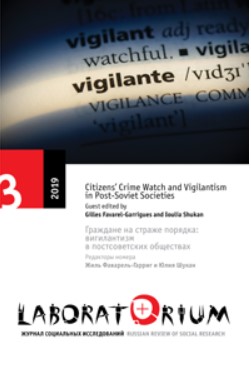
Review of: Varvara Sklez - Алейда Ассман. Забвение истории – одержимость историей. М.: Новое литературное обозрение, 2019. 552 с. ISBN 978-5-4448-1151-1.
More...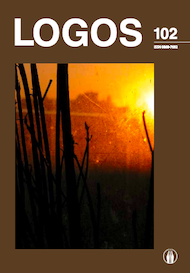
The article discusses a narrative that presents Vilnius as the Belarusian Mecca, and a manifestation of that narrative during the November 22, 2019, reburial of members of 1863–1864 uprising. The narrative presents the city as an place of pilgrimage and worship where the Belarusian nation is constantly reborn. The ceremony of the reburial, as well as the preceding discussions, received great attention in Belarus. They become a direct representation of aforementioned narrative mobilizing the fractured nation. It is imperative to understand the strategic value of this narrative not only for Belarusian society, but for the Lithuanian state as well, because of its depiction of the Lithuanian state as an instrument of Lithuanian soft power.
More...